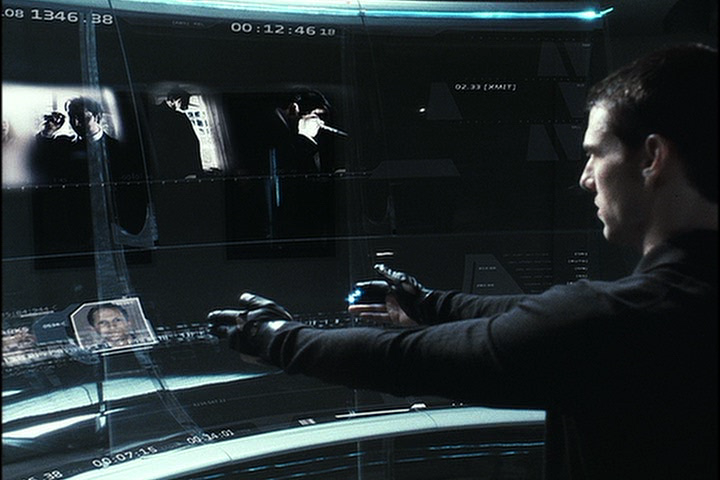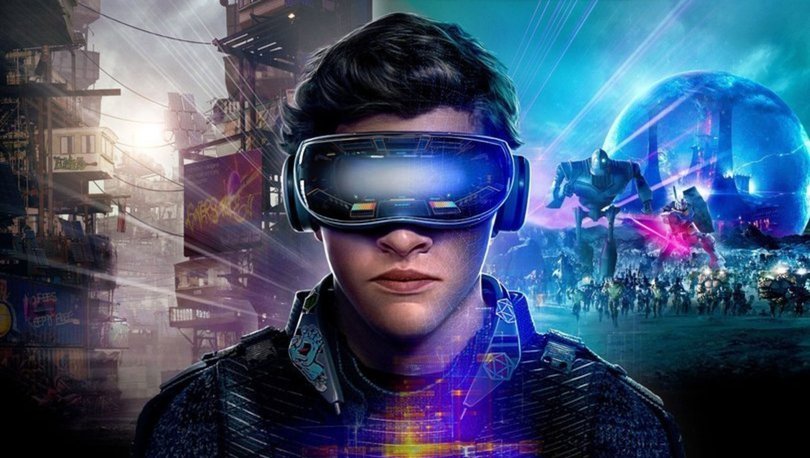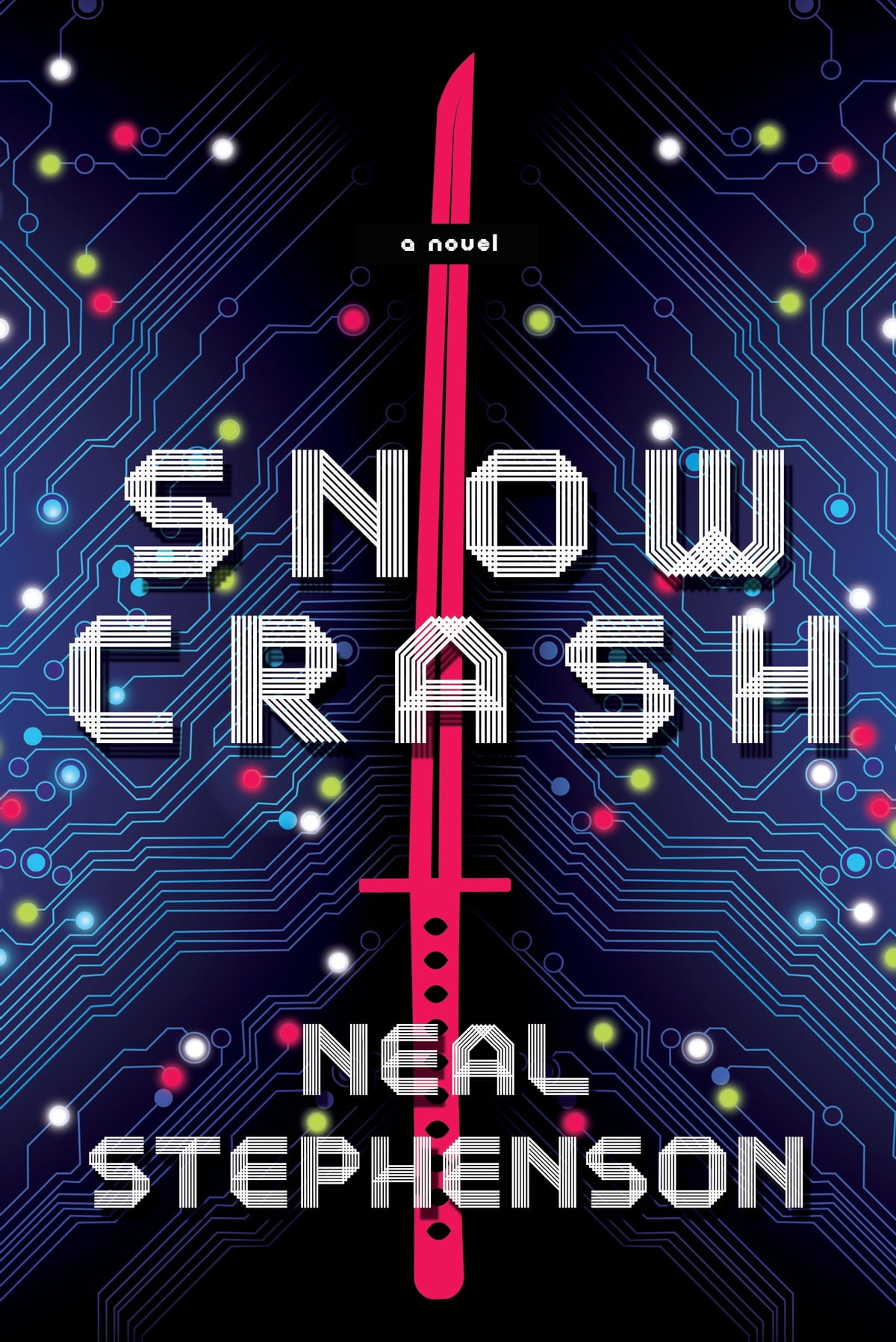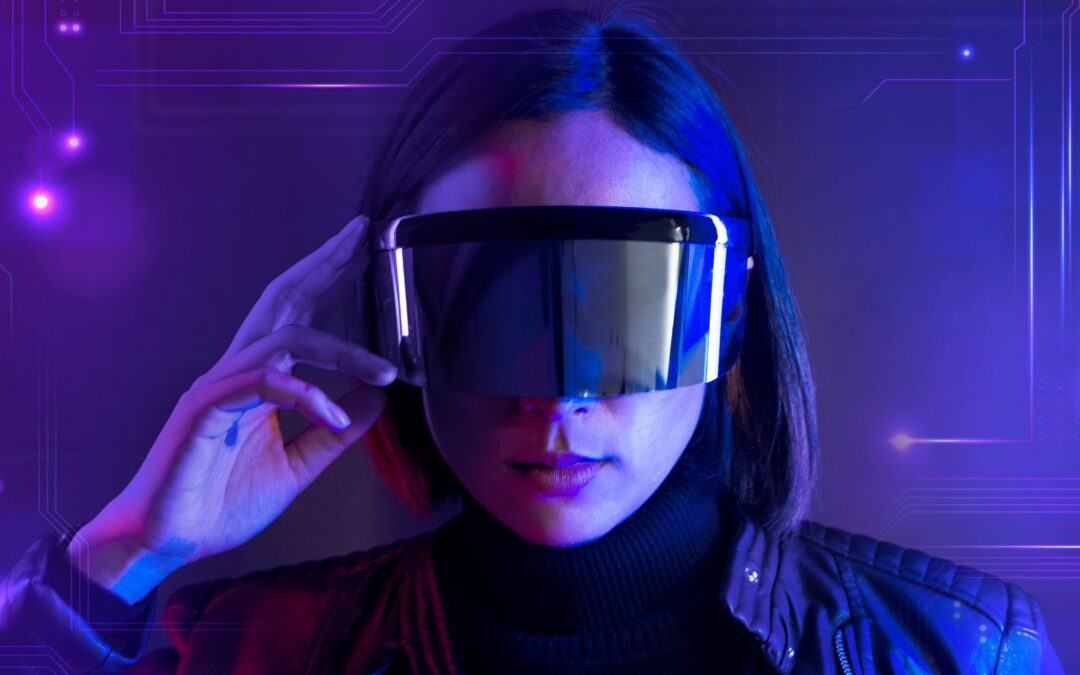Beyond any doubt, the metaverse is one of the hottest topics of 2022. Ever since this puzzling term has entered the radar of the general public with the announcement of tech giant Facebook’s rebranding, everyone on the internet has been trying to understand what it means. While there is not a single textbook definition of the metaverse, it is possible to get a general understanding of it through different sources, fiction and nonfiction.
For the metaverse in particular, works of science-fiction are especially important since for the most part they inspired not only the concept itself but the technological developments surrounding it.
In addition to fictional sources, articles written by futurists like Jon Radoff and Cathy Hackl who had been speculating over the metaverse long before 2021 can be helpful in systematizing the knowledge we have about the metaverse thus far.
So, here is a compilation of movies and books that have inspired the metaverse and a few well constructed articles written by the metaverse experts:
MOVIES

Minority Report: The 2002 science fiction film directed by Stephen Spielberg is loosely based on a 1956 short story by Philip K. Dick and is set in the year 2054. In the film, the police are able to catch criminals before they commit a crime thanks to a specialized unit named “Precrime”, where three clairvoyant humans named “Precogs” are kept to visualize impending crimes. The movie explores interesting concepts such as personalized ads. For instance, whenever protagonist John Anderton enters into a public space, he is followed by billboard ads shouting his name to get his attention. Although ads do not call us by our names yet, personalized ads are one of the biggest marketing trends at the moment and it is predicted that advertisements will be increasingly personalized in the metaverse as well. Perhaps the most striking feature of the movie is the technology. In the Precrime unit, police use computers that utilize a gesture-based augmented reality interface. Since the movie came out, these fictional computers have inspired countless efforts to create an UI that wouldn’t require keyboards. Moreover, companies like Ultrahaptics have come a long way in developing a mid-air haptic technology, which is similar to the cybergloves worn in the Minority Report.

Her: Set in the near future Los Angeles, Her tells the story of Theodore, who makes his living by writing personal letters on behalf of those who are not able to write letters of a personal nature by themselves. After his marriage falls apart, Theodore purchases an operating system that includes a virtual personal assistant named Samantha. Soon, Theodore starts developing strong feelings for his virtual assistant which was designed to adapt and evolve psychologically. Her is a movie that explores the implications of human-artificial intelligence interactions. Film gives us a unique perspective of how our relationship with technology might evolve and how powerful AI can become in the near future.

Tron: The 1982 movie that spawned a multi-media franchise is seen as the earliest depiction of the metaverse in cinema. Tron tells the story of Kevin Flynn, a leading software engineer and video game developer who enters into the realm of the computer where he encounters Tron, a security program which aims to help Flynn in order to escape certain challenges he is presented with within the virtual world. Tron doesn’t only explore the idea of a virtual world but it also shows how technology can work for us and help us. The light suits worn by the characters when they enter into the system are also akin to the concept of wearables that are to be worn by our avatars in the metaverse.

Ghost in the Shell: This Japanese neo-noir cyberpunk animation is set in the year 2029 and follows Motoko Kusanagi, a cyborg public-security agent, who hunts a mysterious hacker known as the Puppet Master. The story of Kusanagi is centered around philosophical themes that focus on self-identity in a technologically advanced world. The film is based on a manga of the same name and it also explores futuristic concepts like augmented and virtual reality, group intelligence, artificial intelligence, self-aware computer programs and memory alteration.

Ready Player One: This is another Steven Speilberg film based on Ernest Cline’s 2011 sci-fi novel of the same name. The story takes place in a 2045 dystopia and it follows the protagonist named Wade Watts in his quest to find an Easter egg in a worldwide virtual reality game named the OASIS (Ontologically Anthropocentric Sensory Immersive Simulation) . Much of humanity uses the OASIS to escape the real world; which is descending into poverty and chaos due to climate change. While the idea of a worldwide virtual reality game has an obvious similarity to our current understanding of the metaverse and the platforms such as Roblox, Decentraland and Meta’s Oasis; the current trends lead us to anticipate a metaverse that is decentralized -unlike Cline’s vision of a virtual world controlled by a single corporation. Instead, Ready Player One gives us an idea of the big-scale experiences we can expect from the metaverse.

The Matrix: Quite possibly the best known example of the cyberpunk movies, The Matrix was written and directed by the Wachowskis. The movie depicts a dystopian future where human beings are unknowingly trapped inside a simulated reality created by intelligent machines to distract them while using their bodies as an energy source. The Matrix was a pretty revolutionary movie when it came out in 1999, not just because of its innovative visual effects but also because of its subject matter. It was one of the earliest mainstream movies that questioned the future of the relationship between human and artificial intelligence. The philosophical themes of The Matrix were more or less covered by several cyberpunk movies during the next decade; however, they hadn’t been able to reach the popularity The Matrix did.
BOOKS

Snow Crash: It is not a surprise that Neal Stephenson’s Snow Crash is in this list, knowing that it is probably the most mentioned work of fiction regarding the metaverse. The 1992 novel tells the story of Hiro Protagonist, who delivers pizza in the physical world but in the Metaverse he’s a warrior prince, fighting a shadowy virtual villain threatening to cause an infocalypse. The book reflects the vision of a virtual world where people’s identities can be vastly different from the physical one. In addition to coining the term “metaverse”, Stephenson also predicted the electronic currencies that can be exchanged in encrypted online transactions.
![]()
Lexicon: Published in 2013, Lexicon by Max Berry is an interesting novel with a very unique plot. The book showcases an exclusive school where the students are taught the art of persuasion. They learn to exploit the power of language to manipulate people’s minds and to break down individuals by psychographic markers so that they can control their thoughts. The most successful students end up being poets in a nameless organization. The protagonist of Lexicon is a prodigy who exceeds every expectation of the school until she makes the mistake of falling in love. Lexicon is a book about language and coercion but it touches upon relevant concepts like privacy, data collection and it questions our vulnerability towards the coercive methods that can be applied through technology.

Neuromancer: Acknowledged as the novel that cemented the cyberpunk aesthetic within popular culture, Neuromancer by William Gibson follows the story of a hacker named Henry Case. Case, who once was a low-level hustler and talented hacker in Chiba City, gets caught stealing from his boss. As a punishment, Case’s central nervous system gets damaged, leaving him incapable of accessing the VR dataspace named the “matrix”. To clean his name, Case gets recruited by a mysterious employer against a powerful artificial intelligence. Neuromancer is one of the earliest works of fiction that envisioned a fully digitalized future and the technologies mentioned in the book were influential for a lot of the cutting edge technologies we have today.
ARTICLES
Metaverse Definition by Jon Radoff: Radoff is a well known figure among those who write about the metaverse. For a few years now, he has been covering different topics related to Web 3.0 on his Medium page. Although Radoff has written extensively about the what and how of the metaverse, this essay in particular is a great starting point since he delves into the etymological background of the term “metaverse” and gives a concise explanation regarding the future of the internet.
Framework of the Metaverse by Matthew Bell: This is an article that gives the reader the historical background of the technological development that paved the way for the metaverse. Bell, a pioneering theorist and venture capitalist, traces the story back to Thomas Edison and lays out the separate waves of technological, industrial, and process-related transformations. This is a very detailed and well constructed essay that focuses on the technological side of the metaverse.
Defining the Metaverse Today by Cathy Hackl: Writer of this article, Cathy Hackl, is another important name when it comes to the metaverse. Popularly known as the Godmother of the Metaverse, Hackly provides consultancy to brands that want to enter into the metaverse and writes about the topic in major publications like Forbes. In this article, Hackl presents a variety of diverse viewpoints regarding the metaverse by asking 20 professionals to share their definitions and perspectives. It is refreshing to learn what metaverse actually means to those who work within the technology industry who have more insight about the topic.
A Map of the Metaverse by Doug Thompson: This is a quite interesting essay article written by Doug Thompson, who writes extensively about the metaverse in his newsletter “Out of Scope”. Thompson explains the metaverse as a geography that can be explored and traveled through. He lays out the intricacies of creating the metaverse by using the analogy of a three-dimensional map, which he describes as a thought experiment. He talks about the challenges of building this virtual world and asks questions about subjects like culture, governance, self-expression and monetization in the metaverse. This is a unique and engaging piece of nonfiction that does a great job at looking at the metaverse from an objective point of view.

